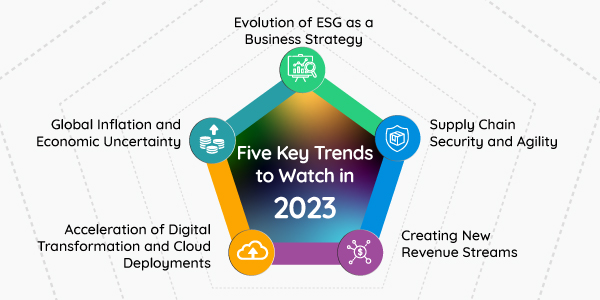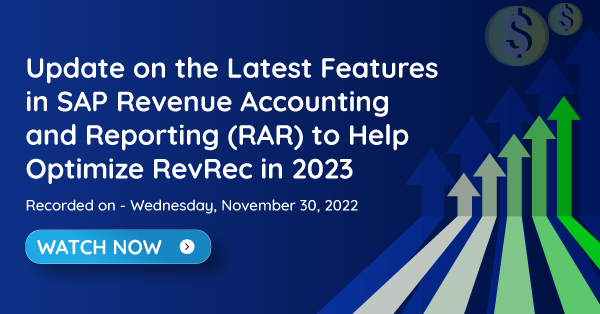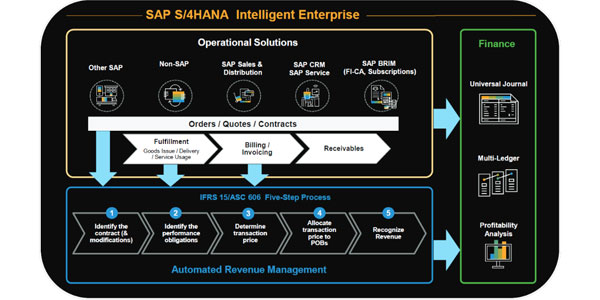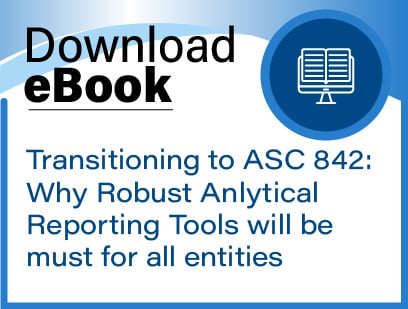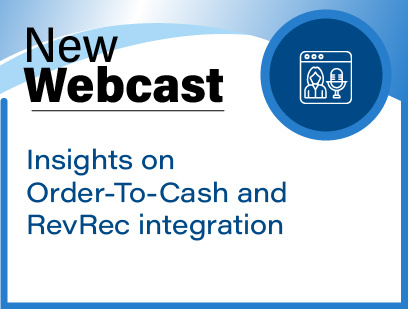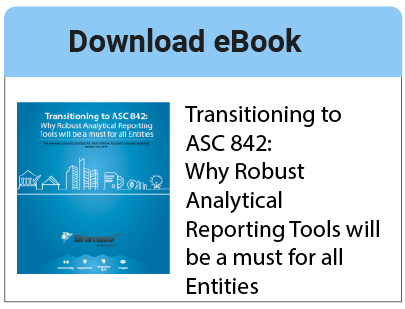Although the initial compliance phase for ASC 606 and IFRS 15 revenue recognition mandates is in the rear-view mirror for most companies, it's important to also keep a focus on the road ahead because optimization of overall RevRec processes across the enterprise will be key to ongoing success.
Within the scope of a comprehensive Comply, Optimize, Transform™ journey, company decision makers need to understand the importance of integrating RevRec within the ever-changing enterprise-wide landscape of management processes. This blog post provides an overview of how the latest enhancements within the SAP ecosystem can provide a useful roadmap for the next steps toward optimization and ultimately transformation.
